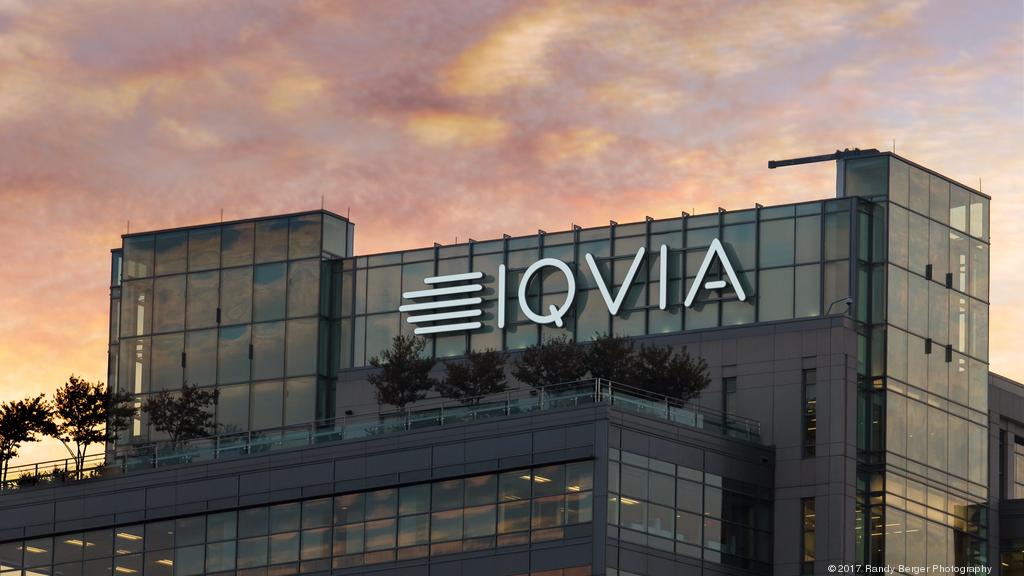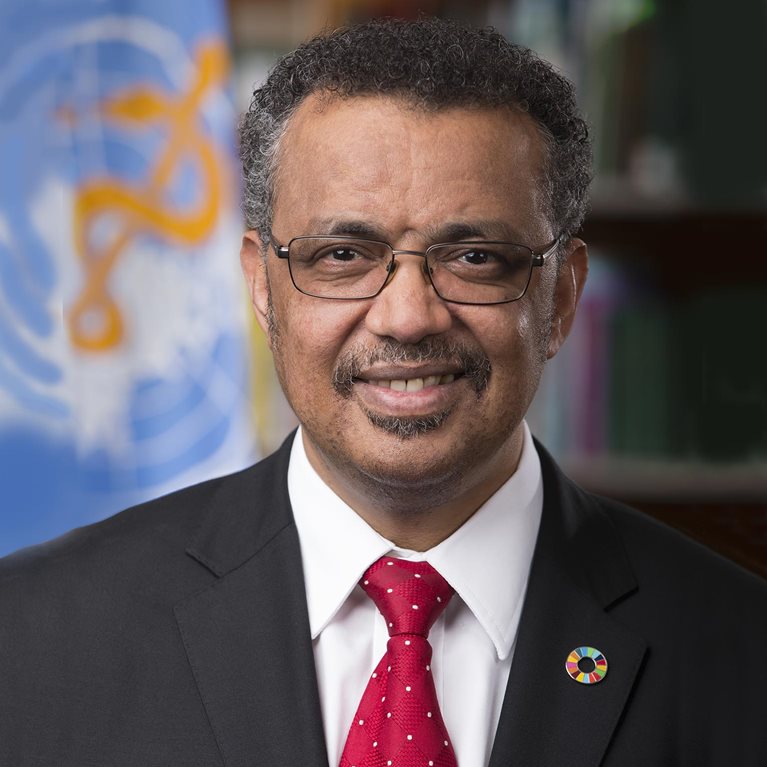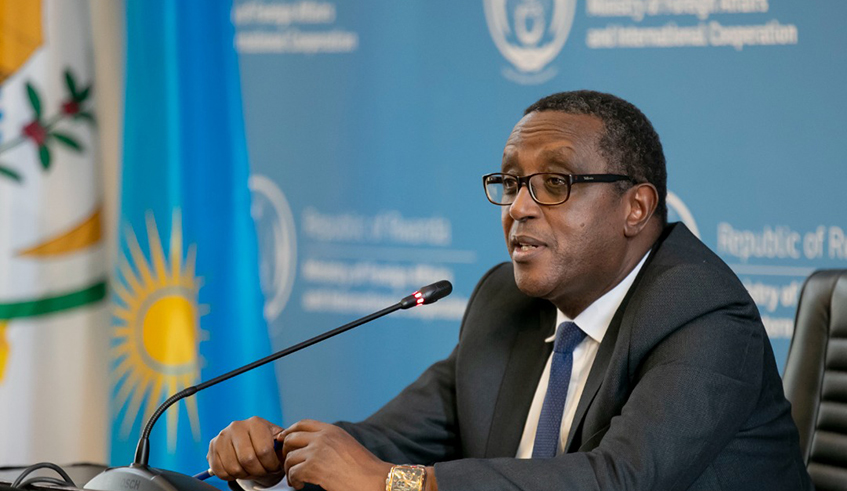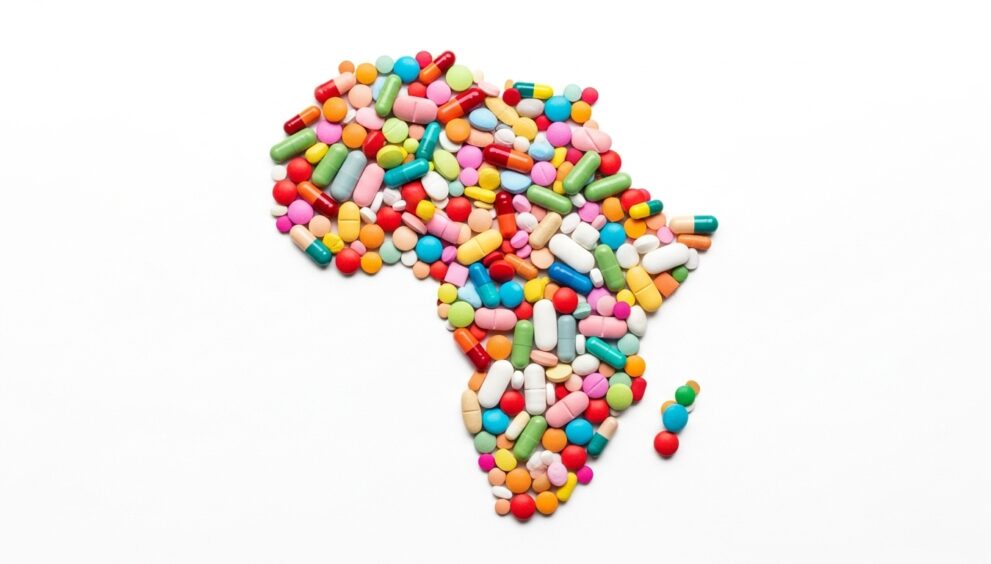Africa is accelerating its journey toward pharmaceutical sovereignty, and the global health community is taking notice. For the first time in history, African nations are laying the groundwork to develop, manufacture, and distribute medicinal drugs at scale—an ambition sharpened by the painful lessons of the COVID-19 pandemic and backed by landmark institutional commitments.
The pandemic brutally exposed Africa’s vulnerability: global supply chain shocks, hoarding, and export restrictions left much of the continent dependent and underserved. These failures galvanized African leaders to prioritize local pharmaceutical production as a cornerstone of health security and resilience.
According to IQVIA, the African pharmaceutical market—worth $25 billion in 2022—is projected to grow to $34 billion by 2027, with a 6% CAGR over five years. This rapid growth reflects increasing investment, expanding healthcare coverage, and rising demand for accessible medicines. Among African nations, Egypt is poised to dominate the pharmaceutical space, with forecasts predicting it will reach $5.8 billion in market value by 2027.

Nigeria and South Africa follow as key players, while other nations like Ghana scale up efforts through industrial policy and foreign partnerships. The African Pharmaceutical Technology Foundation (APTF) is at the heart of this transformation. Headquartered in Rwanda and endorsed by global institutions, APTF is designed to build a self-reliant pharmaceutical ecosystem by facilitating technology transfers, knowledge exchange, and regulatory capacity building.
Headquartered in Rwanda and endorsed by global institutions, APTF is designed to build a self-reliant pharmaceutical ecosystem by facilitating technology transfers, knowledge exchange, and regulatory capacity building. The Foundation serves as a first-of-its-kind bridge between public and private stakeholders across Africa, North America, Europe, and the Global South—working to ensure the continent has access to cutting-edge pharmaceutical technologies and intellectual property.

“Building Africa’s pharmaceutical sector is an idea whose time has come” said APTF interim CEO, Prof. Padmashree Gehl Sampath. Backing this vision, the AfDB has committed up to $3 billion over the next decade to fuel pharmaceutical industrialization, reduce dependency, and enhance Africa’s ability to respond to future health crises.
APTF enjoys strong international support through the European Investment Bank which has pledged financial support and the development of new investment instruments to scale pharmaceutical innovation.
Germany’s Federal Ministry for Economic Cooperation and Development also plays a governance role on the Foundation’s board, reflecting its commitment to equitable health systems.
The World Health Organization (WHO) and World Trade Organization (WTO) have both voiced strong endorsements, citing the initiative’s potential to close global health equity gaps.
“Health is not a privilege—it’s a human right,” said WHO Director-General, Dr. Tedros Adhanom Ghebreyesus as the WTO Director-General, Dr. Ngozi Okonjo-Iweala added, “The APTF has enormous potential to transform Africa’s pharmaceutical industry.”

Rwanda’s government, recognized for its leadership in health innovation, provides diplomatic and logistical support as the host country for the APTF and continues to position itself as a continental anchor for biotech and pharmaceutical growth.
“To close the vaccine equity gap, we must invest in pharmaceutical production in Africa,” said Dr. Vincent Biruta, Rwanda’s Minister for Foreign Affairs. Africa’s pharmaceutical awakening is more than a regional development, it’s a global realignment.
As the APTF and its partners work to mature local production, transfer cutting-edge technologies, and harmonize regulatory systems, Africa is steadily crafting a new

narrative: one of ownership, resilience, and innovation in global health. If fully realized, these efforts won’t just reduce import dependency, they could make Africa a competitive supplier of essential medicines and vaccines to the world.




